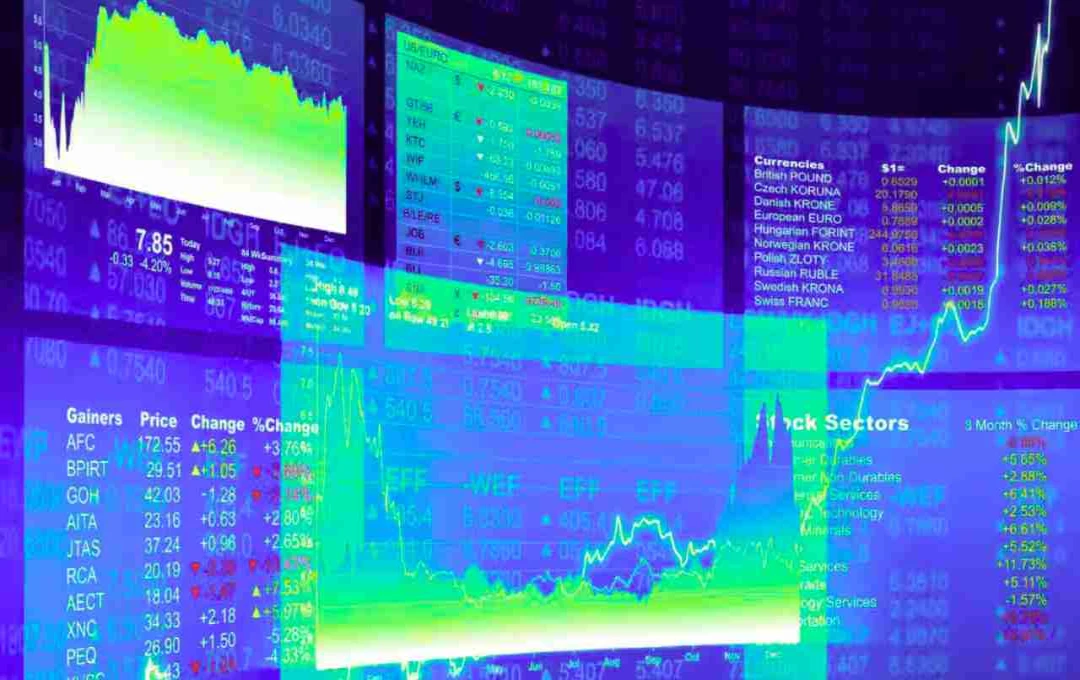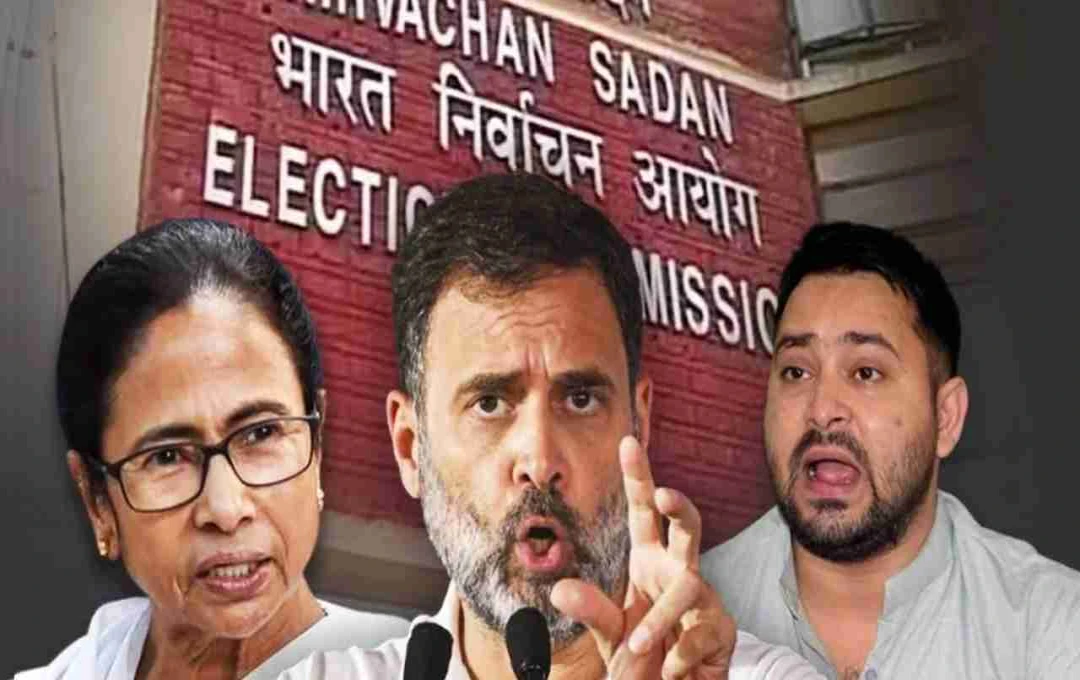The Reserve Bank of India (RBI) has decided to extend the trading hours for short-term money market, repurchase (repo), and tri-party repo (TREP) markets, aiming to make transactions between banks and financial institutions more convenient and effective.
The Reserve Bank of India (RBI) has taken a significant step in financial markets regarding trading and settlement times. Trading hours for interbank call money, repo, and tri-party repo (TREP) markets have been expanded, which is expected to boost liquidity management, pricing, and investor participation. This decision is based on the recommendations of a working group constituted by the RBI, formed to conduct a comprehensive review of market operations.
Key Dates of Changes
https://subkuz.com/uploads/news/2025/06/685be310640951750852368.jpg
According to RBI, these changes will be implemented in two phases:
- From July 1, 2025, the trading hours for interbank call money market will be extended to 7:00 PM. Previously, this market was open from 9:00 AM to 5:00 PM.
- From August 1, 2025, the trading hours for repo and tri-party repo markets will be extended to 4:00 PM. Currently, these markets operate until 3:00 PM.
With these changes, there will be improved liquidity available in the financial market and an increase in the functionality of the banking system.
Potential Impact on the Market
Extending trading hours will give investors more time to make better decisions based on market conditions. This will make the price discovery process more transparent and market-aligned. In particular, extending the trading hours in the call money market will give banks greater flexibility in managing liquidity at the end of the day.
Extending the trading limits for repo and TREP markets will give banks, mutual funds, and other financial institutions more time to operate their fund management more efficiently.
Why the Changes Were Made
These changes are based on the recommendations of a nine-member working group constituted by the RBI in February 2025. The group’s objective was to conduct a comprehensive review of the trading and settlement times in financial markets.
The group’s chairperson is RBI Executive Director Radha Shyam Rathore, and it also includes financial sector experts. The group has taken into account global market timings, the availability of payment systems 24 hours a day, increasing participation of foreign investors, and modern aspects such as electronic trading in its recommendations.
Markets Where No Changes Were Made
https://subkuz.com/uploads/news/2025/06/685be31b9dc2f1750852379.jpg
RBI has clarified that there have been no changes to the trading hours of the government bond market, foreign exchange market, and interest rate-based derivative market. These markets will continue to operate according to their pre-determined timings.
Market Participants’ Response
Market experts and investors have welcomed RBI’s move, believing it will promote market transparency, depth, and liquidity.
Experts believe that longer trading times will help align with international markets, especially when global events affect the Indian market.
Practical Benefits
While extending trading hours will create more opportunities, market participants will also need to adapt their operations and technical resources accordingly. Banks and financial institutions will now need to maintain longer trading desks and technical support, which could lead to increased operating costs.
However, with technological advancements and automation, managing these challenges will be relatively easier.
India’s Strategy
Internationally, markets, particularly forex and derivatives, operate on a 24x5 basis. India is also taking steps towards establishing a similar system with the availability of payment systems 24 hours a day and the expansion of electronic trading.
The working group is also analyzing international timing methods to understand how they affect participation, liquidity, and trading volume.














